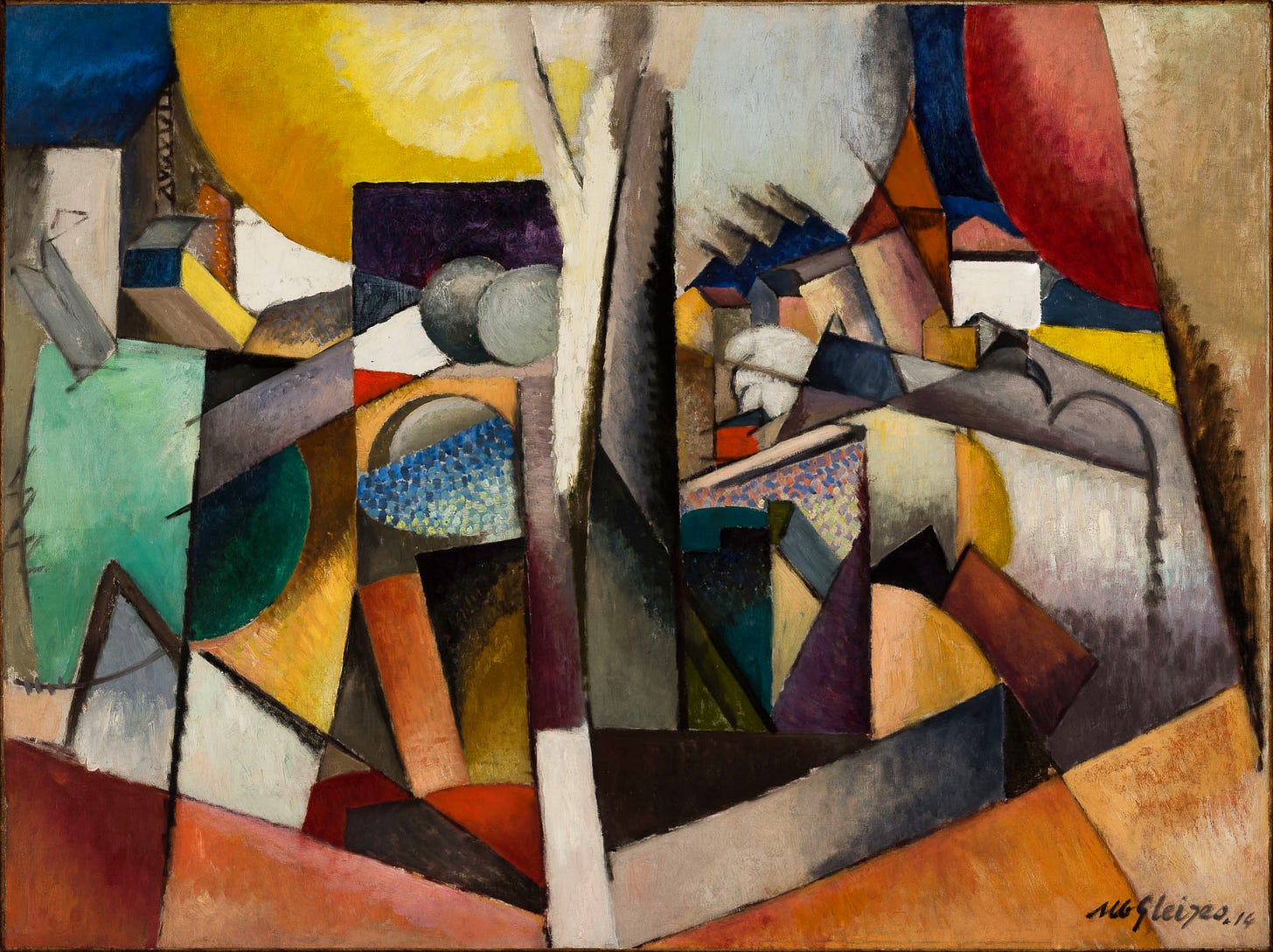On the River in the Chill of Early Morning Meng Haoran In the woods there is a falling, And a southward goose is crossing, From the north there is a wind That blows the cold onto the river. My home is somewhere nestling In a curve of the River Xiang, Separated by distance And the filmy clouds of Chu. The tears we weep for hometowns Are wept in other places, That lonely sail they’re looking for Is beyond the horizon. If only I could ask the way To the ford of public service, The lone and level waters In the dusk stretch far away. 孟浩然 早寒江上有怀 木落雁南渡,北风江上寒。 我家襄水曲,遥隔楚云端。 乡泪客中尽,孤帆天际看。 迷津欲有问,平海夕漫漫。
Meng Haoran (691-740) was a poet of the high Tang, that brilliant period that included Li Bai, Wang Wei and Du Fu, and is celebrated as one of the high points of all Chinese literature.
In this poem, Meng is travelling in Chu, which is the area around the lower reaches of the Yangtze. The River Xiang, where his hometown lies, was far away to the north.
What we get is a profusion of big metaphors, applied here to his own personal circumstances, which is a big part of how the high Tang rolled. First, there’s the metaphor of life as a journey on the water - so when you’re alone, you’re a lonely sail on the horizon. Then, there’s the metaphor of cloud as distance. There are the seasonal images. And last, there’s a reference to Confucius.
Analects, Weizi:
Chang Zu and Jie Ni were at work in the fields, when Confucius passed by them, and sent his student Zi Lu to ask the way to the ford. Chang Zu said, "Who is that driving the carriage?"
Zi Lu told him, "It is Confucius.”
"Confucius of Lu?"
"That’s right."
To which the other rejoined, "He knows the ford."
Zi Lu then asked Jie Ni, who said to him, "Who are you, sir?"
He answered, "I am Zhong You." [Zi Lu’s birth name]
"Are you not a student of Confucius of Lu?"
"I am."
Jie Ni said to him, "Disorder floods the whole world; who can change it? Rather than following a master who rejects individuals, you should follow a master who rejects the whole world." He returned to his planting and would pause to talk any more.
Zi Lu went and reported back, and the Master commented sadly, "Can’t the birds and beasts associate with their own kind? If I don’t work with people, then who can I work with? If the world had found the Way, Confucius would not be trying to change it!”
So when Meng asks the way to the ford, he is saying he wants to be like Confucius, who dedicated his life to public service, despite being mocked by his more nihilistic peers. (The poem doesn’t include the words “public service.” I inserted them to explain what this ford represents.) But in the gloaming, Meng can’t find the ford - the flood that Jie Ni reported has come, and all he sees is water all around.
Honestly, I’m not convinced it comes together. Like, if he’s up in the clouds, can he still be on the water? And if it’s early morning at the beginning, why is it dusk at the end of the poem? Who exactly is looking at the lonely sail? It’s a bit of a Frankenstein’s monster of a poem.
But the images are all potent enough, and we certainly get the feeling by the end that he’s sad and confused. That’s pretty successful, 1,000+ years down the line!



